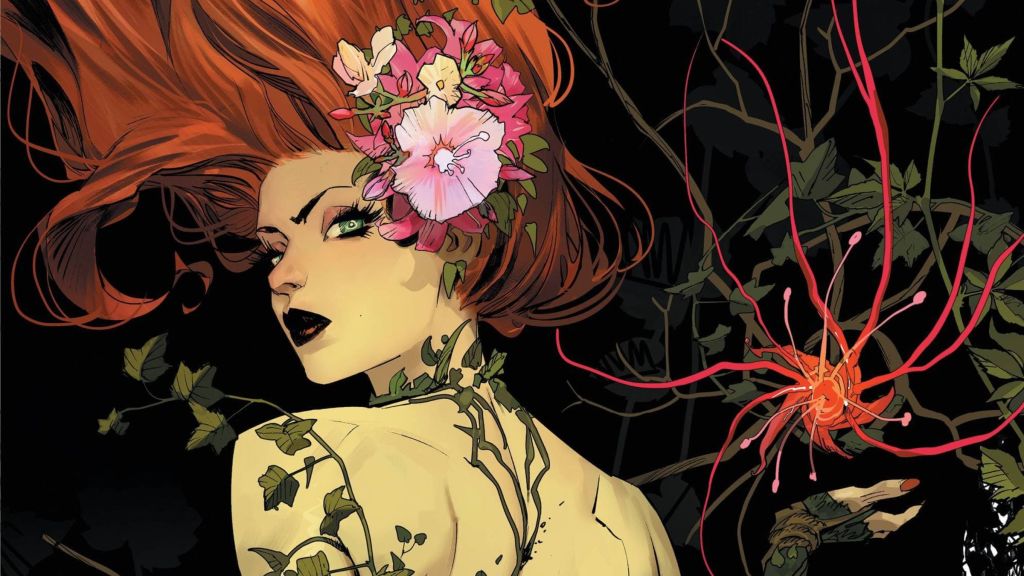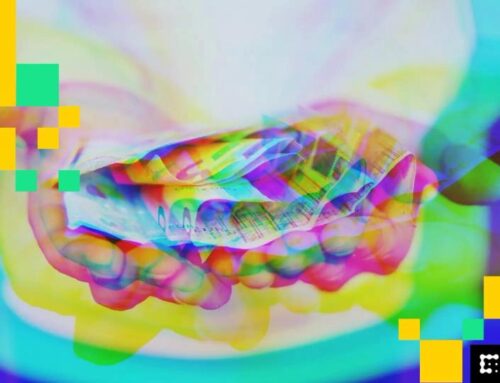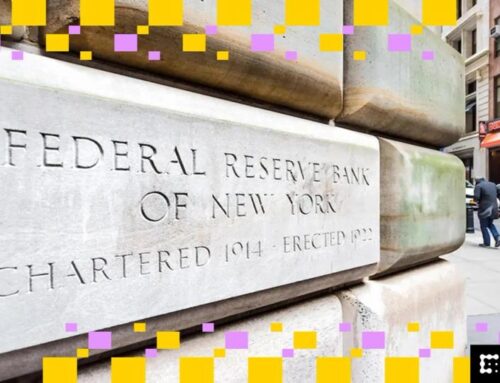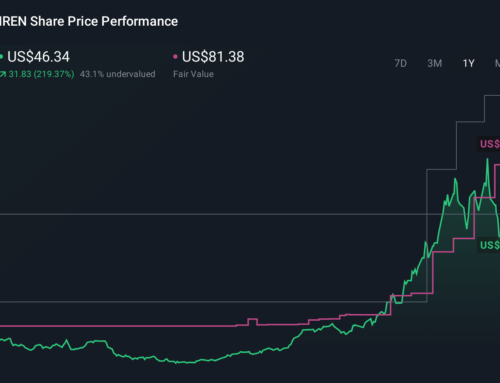This Comics Character Totally Changed How I Feel About the Environment
May 17, 2025
Commentary in comics is not a new theme, as anybody who has read Grant Morrison’s Swamp Thing has gotten used to seeing complex themes and commentary woven into the narrative. The truth is, comics do a great job of making complex social structures more approachable and understandable. It’s why stories such as X-Men and Swamp Thing work so well, as they’re both human and undeniably something more. For us, one of the characters who left the biggest impact on our understanding of environmentalism is Poison Ivy, aka Dr. Pamela Isley. She has long been a voice for the planet, speaking up for the vulnerable plants humans love to trample.
The truth is, there’s a lot one can learn from Poison Ivy, and it’s not just about the message she’s championing. Even Poison Ivy’s reception has changed over the years, showing a shifting of the public mindset about the environment and similar concerns.

When most people think of Poison Ivy, they immediately think of vegetation and poison, and that’s valid. She is often personified as nature’s wrath in DC Comics, as she is one of the few characters willing to stand up against megacorps and worse. She does it all for the sake of the environment – more specifically, her beloved flora. One could say that Poison Ivy is a bit of an idealist, as she’s always had bigger dreams than reality would ever accept.
Over the years, Poison Ivy has taken different measures to try and protect the environment, and yeah, not all of her moves are defensible. For example, even her most die-hard fans would never consider recreating her actions in Batman: Hush, even if that was an option. And it’s hard to feel anything but concern about the idea of plant/human hybrids, we’ve read enough horror novels to know where that path will lead us. Even these extreme measures have the same point, and that’s a lesson readers can and have taken to heart. Poison Ivy teaches readers that plants and nature have an intrinsic value. A plant shouldn’t be measured by its profitability, nor should the world as a whole.
The truth is, Poison Ivy is not the type of character who would ever accept compromise, especially not following her transformation. From her very first appearance, her character has been quick to call out corporate hypocrisy and lies, pointing out how these policies (or lack thereof) are killing the environment. To look at it another way, Poison Ivy is quick to cut through to the core of a problem, letting her expose the gap between rhetoric and reality. Anybody who has spent time reading between the lines on corporate “feel-good” announcements knows exactly what this looks like.

When Poison Ivy first hit DC Comics, she was portrayed as an eco-terrorist through and through. Her actions came across as extreme, even when she wasn’t targeting humans. Even her origin story had the semblance of a cautionary tale, warning people of leaning too heavily into scientific experiments. Through the years, Poison Ivy has gone through countless iterations and changes, ranging from different comic book retellings to movies, games, and even television series.
While some series will always be inclined to portray Poison Ivy as a terrifying villain, just as many have portrayed her character in a softer light, especially in recent years. One of her most recent iterations is in the animated Harley Quinn series, in which Poison Ivy has been deeply humanized. This is important to acknowledge because it means the public has begun to see Poison Ivy as more of a human than an eco-terrorist. In other words, when a modern story wants to make Poison Ivy the enemy, they have to turn her into a monster. She has to take extreme measures, such as trying to wipe humanity off the face of the earth. Anything less than that leaves her too sympathetic. Nobody wants to see a billionaire in a bat suit beat up an environmentalist protesting how corporate greed is killing the planet.
It’s tempting to put a character like Poison Ivy into a box, defining her as either a villain, anti-hero, or some other gray character. But that doesn’t really work for such a complex character. Poison Ivy is more of a mirror of her time, which is why she changes and adapts to the time. How she is portrayed is a direct representation of real-world failures, from the stripping of modern protections to apathy. This is why Poison Ivy has been getting a more empathetic treatment, as many people are becoming exhausted by the world’s inability to recognize and change.
Search
RECENT PRESS RELEASES
Related Post




